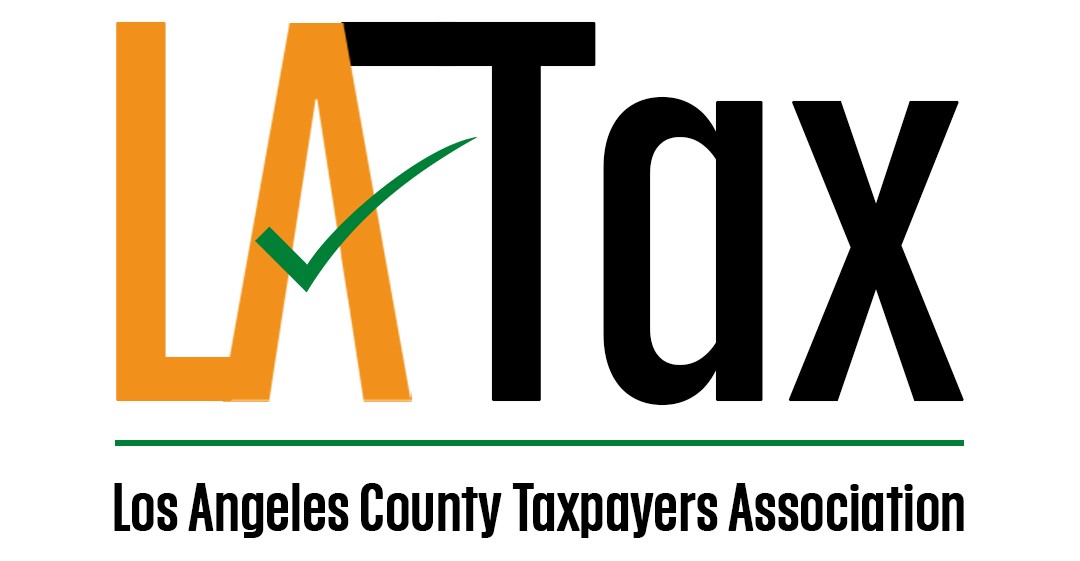
LA County Taxpayers Association launches statewide effort to pass the Taxpayer Protection and Government Accountability Act
Last week, the Los Angeles County Taxpayers Association joined a broad coalition of stakeholders in a press conference to officially kick off the campaign to











